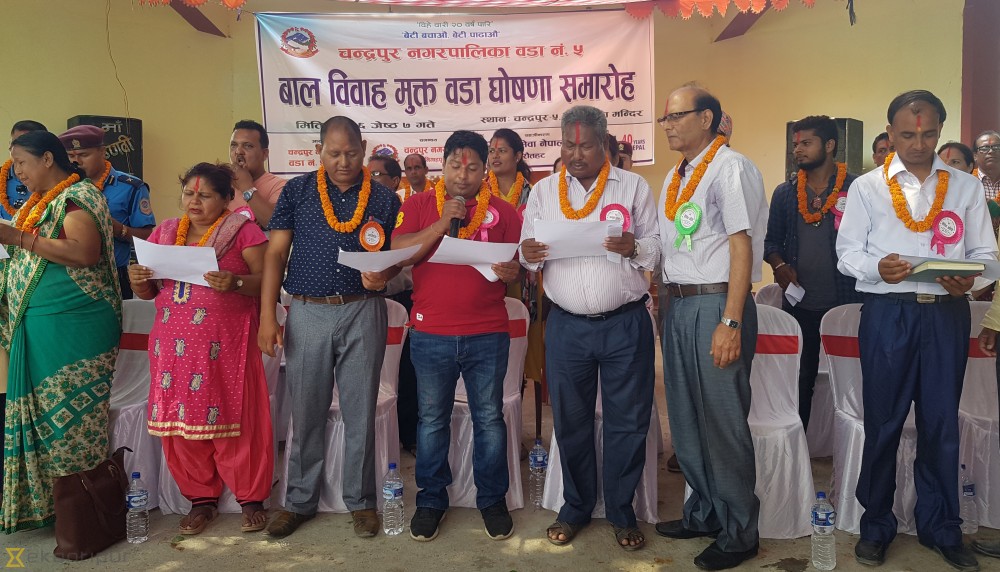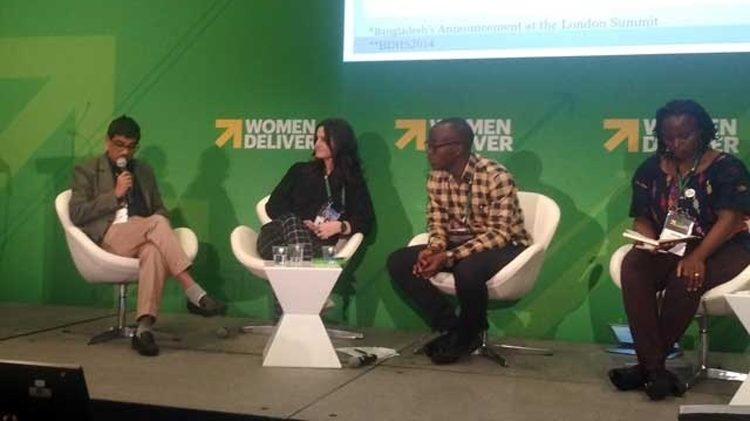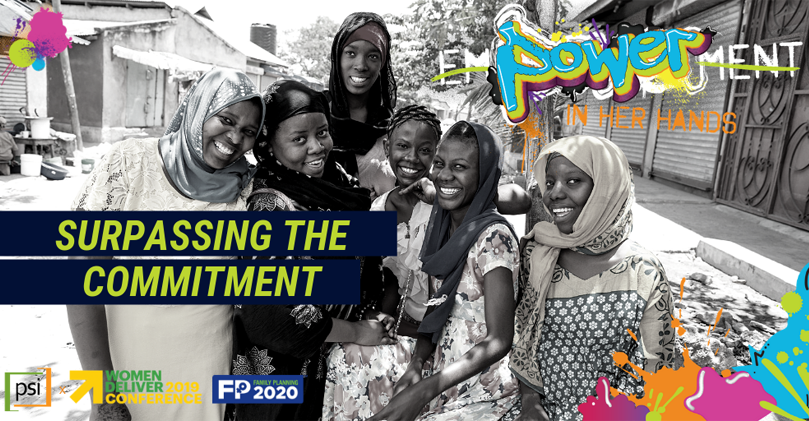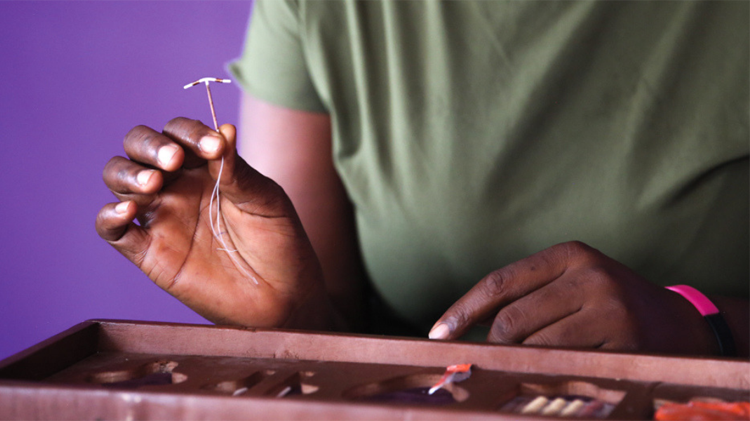With the recent declaration of its Ward 5 as a child marriage-free zone, six of the ten wards in Chandrapur Municipality, Rautahat, have now joined the national campaign for eradicating child marriage from the country by 2030.
Month: June 2019
After 2020: What’s Next for Global Access to Family Planning
This note highlights three issues for the global FP movement post-2020, building on CGD’s engagement in this space, including our working group on alignment in family planning. We review the underlying critical assumptions in FP2020’s initial design along with their strengths and weaknesses, and place future approaches squarely within the context of today’s evolving landscape—one that looks very different than the year 2012, when FP2020 was launched.
Kenyan Counties Take Action to Prevent Teenage Pregnancies
Four Kenyan counties have, for the first time, established multi-agency government task forces with action plans to address their high teenage pregnancy rates. The action plans commit to leverage resources for, address policy barriers to, and enhance efficiency in providing contraceptive information and services for young people aged 10 to 19. As of June 2019, the action plans are officially approved, and implementation is underway.
Uncertain labor: Central Africa’s maternal mortality crisis
The Central African Republic has one of the worst maternal mortality rates in the world, second only to Sierra Leone. With 882 deaths for every 100,000 successful births, it’s far behind countries such as the United States, which recorded 14 out of 100,000.
Bangladesh needs ‘smart investment’ to achieve FP2020 goals: Expert
Director of the Institute of Health Economics of Dhaka University Syed Abdul Hamid said, Bangladesh is still far behind achieving the indicators of the Family Planning 2020, popularly known as FP2020. “And that is why smart investment is needed,” he said, speaking at a session on the sidelines of the Women Deliver Conference 2019 in… Continue reading Bangladesh needs ‘smart investment’ to achieve FP2020 goals: Expert
PSI Reaches and Surpasses FP2020 Commitment
PSI committed to reaching 10 million users under the age of 25 with modern contraception by 2020. As of Dec. 2018, they’ve reached 14 million young people, and counting, with a contraceptive method, two years ahead of schedule.
ECHO Reverberates Across SRH
In July 2019, the HIV and Family Planning (FP) communities will convene around the results of the ECHO (Evidence for Contraceptive Options & HIV Outcomes) trial, which assesses three reversible contraceptives and whether they affect the user’s risk of HIV.






